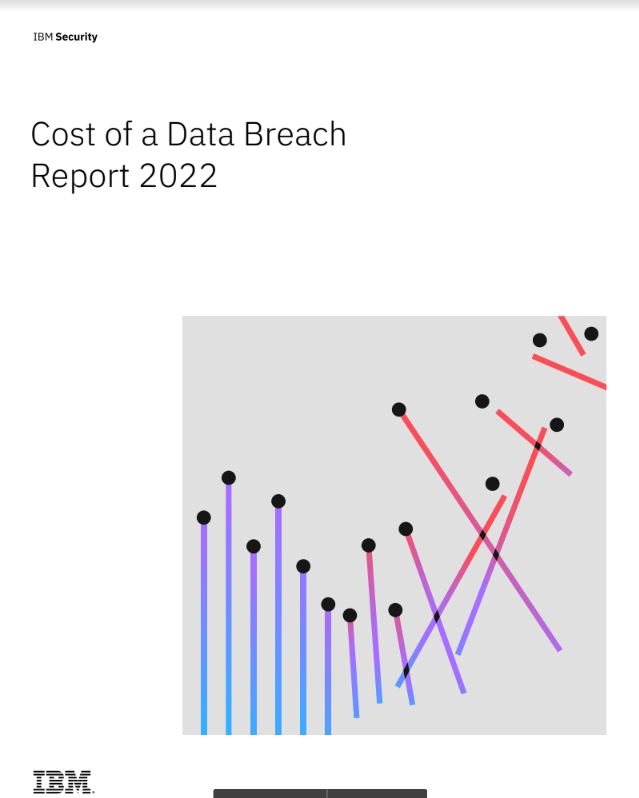Yandex data breach reveals source code littered with racist language
Yandex source code for a range of key services was leaked to a popular hacker forum last week


Russian tech company Yandex has issued an apology after racial slurs were discovered in source code leaked in a recent data breach.
Several references to racial slurs, including the ‘N-word’, were found in the company’s source code last week.
A researcher first revealed the use of offensive terminology in a series of posts on Twitter on 26 January, sparking heavy criticism.
In a statement, Yandex told IT Pro that an initial investigation showed that the leaked code "appears to be old fragments differing from the current version of the company’s repository".
The company added that leaked code "would never have affected any of the company’s services".
"We deeply regret that this word ever appeared in our internal codes," Yandex said. “It is unacceptable and a blatant violation of our corporate ethics."
"We are currently conducting an internal review to better understand how this happened, and will be taking appropriate measures, including to ensure that this does not happen again."
Get the ITPro daily newsletter
Sign up today and you will receive a free copy of our Future Focus 2025 report - the leading guidance on AI, cybersecurity and other IT challenges as per 700+ senior executives
Yandex data breach leaked source code
The discovery follows a recent data breach at Yandex which saw 44.7 gigabytes of source code leaked on a popular online hacker site BreachForums.
Leaked files were found to contain code on a range of Yandex products. The company is one of Russia’s largest tech firms and provides email, advertising, cloud computing and online sales services.
Responding to the breach, Yandex insisted that its systems were not hacked, but attributed the leak to a former employee.
RELATED RESOURCE

In a blog post detailing the scale of the leak, security researcher Arseniy Shestakov said the exposed files date back to February 2022, coinciding with the Russian invasion of Ukraine.
While Shestakov said the leaked files included source code for a range of services, they did not contain sensitive user data.
"Since this leak only contains contents of git repositories there is no personal data," he wrote. "There are at least some API keys, but they are likely only been used for testing deployment only."
Racist coding
Racial slurs were dotted throughout Yandex's leaked Git codebase. They were used in function and variable names, printed messages, and other places throughout configuration files.
Programmers frequently use specific terms or names to enable other developers to understand what function or action a certain line of code performs.
The use of easy-to-read terms is a common approach which helps cut the time required for engineers to potentially modify or update code.
In this instance, Yandex developers appear to have substituted a generic term for a function with offensive language.
Exactly why these terms were included is unclear. However, the use of offensive language in code is a violation of both best practice and, as Yandex pointed out in its statement, against its code of ethics.
Yandex did not provide additional information on why the ‘N word’ was used in this case, but onlookers noticed it seemed to have also been used to replace 'workers' in various parts of its codebase.

Ross Kelly is ITPro's News & Analysis Editor, responsible for leading the brand's news output and in-depth reporting on the latest stories from across the business technology landscape. Ross was previously a Staff Writer, during which time he developed a keen interest in cyber security, business leadership, and emerging technologies.
He graduated from Edinburgh Napier University in 2016 with a BA (Hons) in Journalism, and joined ITPro in 2022 after four years working in technology conference research.
For news pitches, you can contact Ross at ross.kelly@futurenet.com, or on Twitter and LinkedIn.
-
 Bigger salaries, more burnout: Is the CISO role in crisis?
Bigger salaries, more burnout: Is the CISO role in crisis?In-depth CISOs are more stressed than ever before – but why is this and what can be done?
By Kate O'Flaherty Published
-
 Cheap cyber crime kits can be bought on the dark web for less than $25
Cheap cyber crime kits can be bought on the dark web for less than $25News Research from NordVPN shows phishing kits are now widely available on the dark web and via messaging apps like Telegram, and are often selling for less than $25.
By Emma Woollacott Published
-
 Nintendo hacker forced to pay company 25-30% of earnings for life
Nintendo hacker forced to pay company 25-30% of earnings for lifeNews Gary Bowser pled guilty to hacking charges in 2021
By Rory Bathgate Published
-
 Move away from memory-unsafe languages like C and C++, NSA urges
Move away from memory-unsafe languages like C and C++, NSA urgesNews The US agency advises organisations to begin using languages like Rust, Java, and Swift
By Zach Marzouk Published
-
 WithSecure CTO: Industry needs to do a better job of targeting ransomware supply chains
WithSecure CTO: Industry needs to do a better job of targeting ransomware supply chainsNews The centralisation of services and tools for hackers should represent a point of vulnerability for those fighting cyber crime
By Keumars Afifi-Sabet Published
-
 Google coding typo effectively bricks Chrome OS devices
Google coding typo effectively bricks Chrome OS devicesNews A hastily released update prevented users from logging into their machines
By Keumars Afifi-Sabet Published
-
 Google, Microsoft, Twitter and Facebook make it easier to transfer your data between services
Google, Microsoft, Twitter and Facebook make it easier to transfer your data between servicesNews The Data Transfer Project aims to give people more control over who has their information
By Clare Hopping Published
-
GitHub now warns you about flaws affecting your Python code
News Code repository will also offer admins fixes from the developer community
By Joe Curtis Published